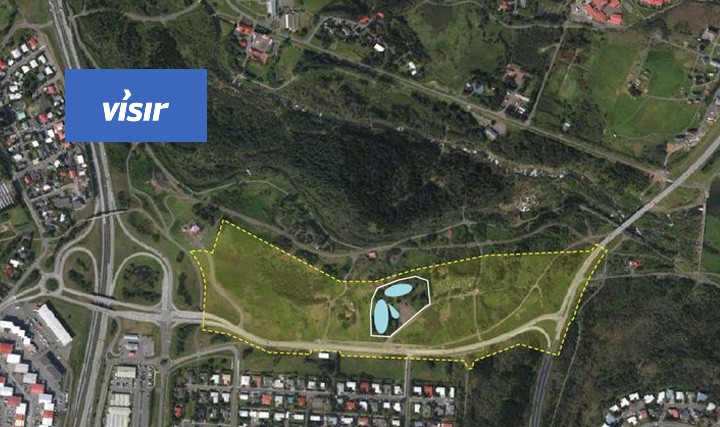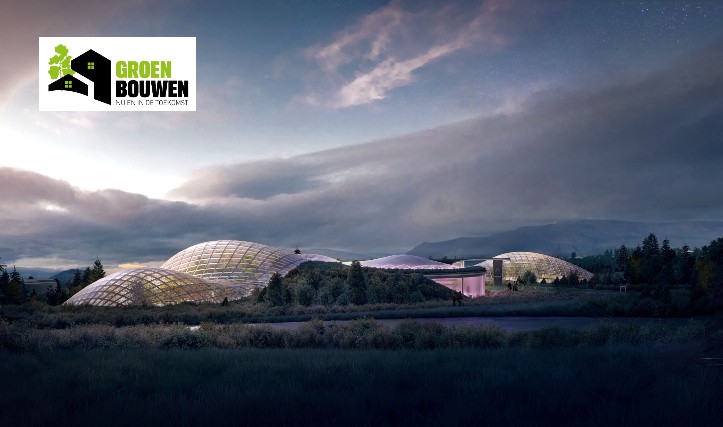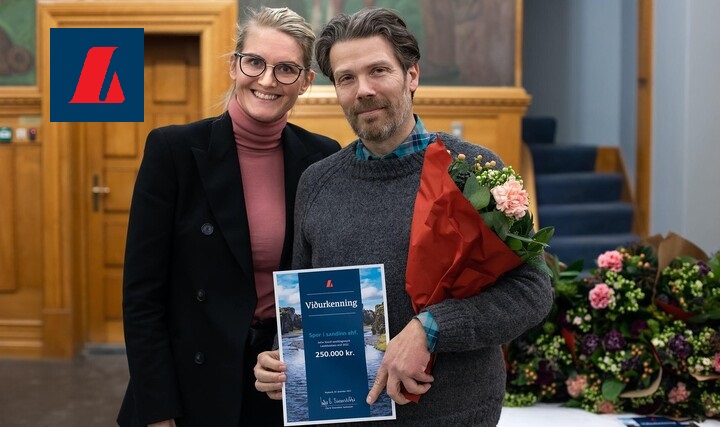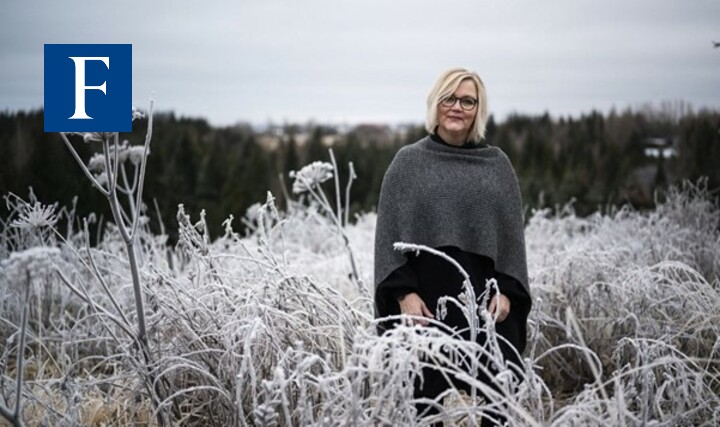The debate about the development on the defined development area close to Elliðaárdalur is increasing day by day which is good. However increasingly characterised by a bias, which is not good. Understandably it has been focused on the site-plan for the area and as if it should be built as per the plan, but not in all respect. Unfortunately have some of the critics aimed to make the ALDIN Biodome team mistrustful.
Some have hinted that behind the project are „unknown billionaires “and others think the business case of the biophilic garden is doubtful and the plans being unclear. Both statements are wrong. Shouldn’t we build the debate on facts rather than unfounded rumours?
I don‘t have more knowledge on planning issues than anybody else in the city, but I do know the establishment and operation of start-ups in general and this particular company especially well.
THE OWNERSHIP IS CLEAR
First of all, it shall be noted that it is crystal clear who are the owners of the project. The ownership is clarified on the ALDIN Biodome webpage. The founder is Hjördís Sigurðardóttir, owns 84% share, a company in ownership of Ágúst Freyr Ingason owns 7% share and Startup Reykjavík Invest owns 6% share, but ALDIN participated in the Startup Reykjavík business accelerator in 2015. The last-mentioned shareholder is subsidiary of Arion bank. Apparently, here are no hidden people.
The shareholders’ list will most likely change as the funding progresses, but those who talk about “billionaires”, “hidden people” and “moguls” are ‘shredding dust’ and spoiling the discussion on purpose.
Concerning how realistic the business plan is I have this to say: All businesses are subject to certain uncertainty and this will not be changed. On the other hand, it can be prepared well to maximize the likelihood it will be successful.
The construction of ALDIN Biodome has been in preparation for many years now and the founder, Hjördís Sigurðardóttir, has put everything int that work. The business plan assumes revenues in various ways, i.e. with membership fees, admission fees, sales of products and rentals. The business is thus not based on one pillar, rather it has many that in particular is linked to giving access to a unique experience. Here it is important to note that there are paradigms for related businesses in Iceland and in that context the tomato farm Friðheimar can be motioned that has with good result sold experience related to horticulture and green haven under glass roofs.
It‘s also ridiculous to compare ALDIN Biodome to projects like Perlan and Harpa wich were public projects in ownership of public sector bodies. Those projects were based on other views and premises than investments of the private sector.
ELECTIONS ABOUT A BUSINESS PLAN?
Nobody can know for sure how the business will go until it‘s in operation, but the business plans and the concept led to the decision that Startup Reykjavík Invest decided to support the project. We believed in the company and I still do.
But here I suggest we stop and consider if the ones that make the remarks have thought the case through. Should it become as a new ‘working rule’ in the planning processes that all companies that get planning permit for an allotment by the city authorities need to provide business- and operational pans on the table to be judged by the residents? It is a corner stone in a civil society that general rules are respected, and they should be applied to all. That should not the least apply when a company is being developed.
The site-plan where ALDIN Biodoem will be built accordingly, has been processed in line with general rules as other projects. The case has been through collaborative process, presented and responded to all comments appropriately. It is dangerous to take arbitrary decisions and perish from the main rules and processes in individual cases, not the least when it is for peas making of a group of people that is possibly in minority in the city.
The debate about a project like this is always of the good. Obviously, it is in the mind of some that the‚ purpose sanctifies the medium ‘– and that is sad to see. Reykjavík city deserves better.
The author is an expert in innovation and is the former CEO of Startup Reykjavík Invest.





